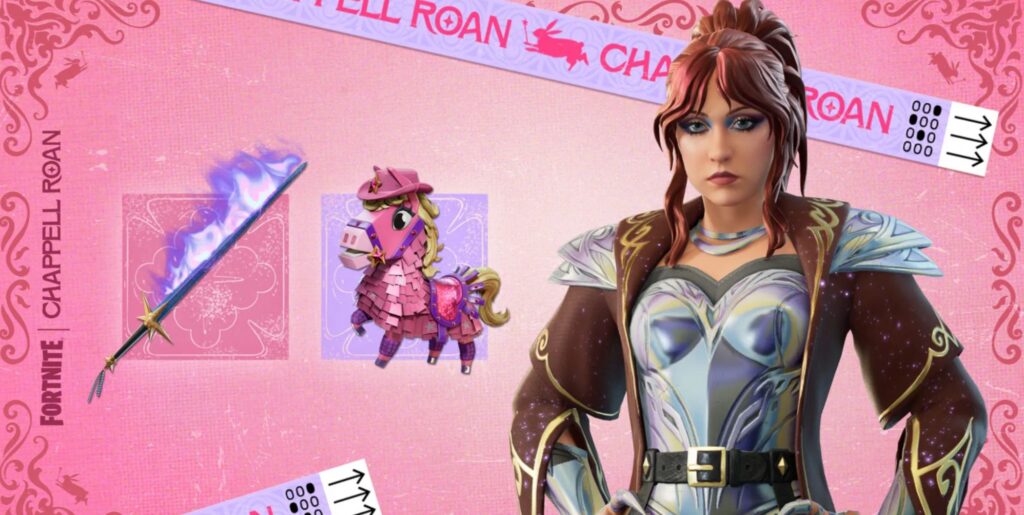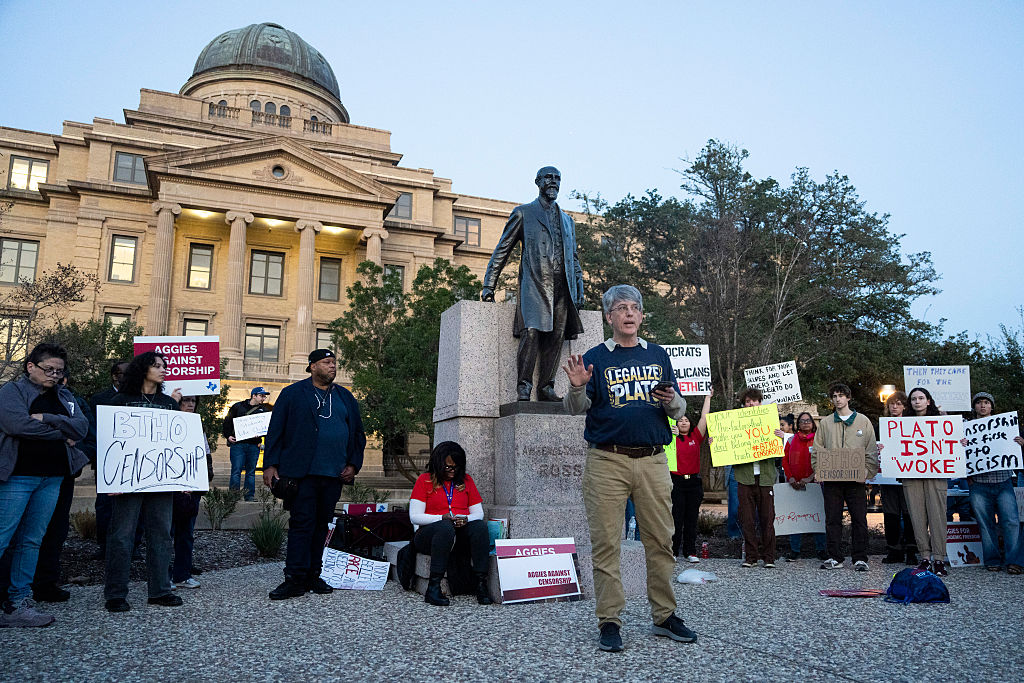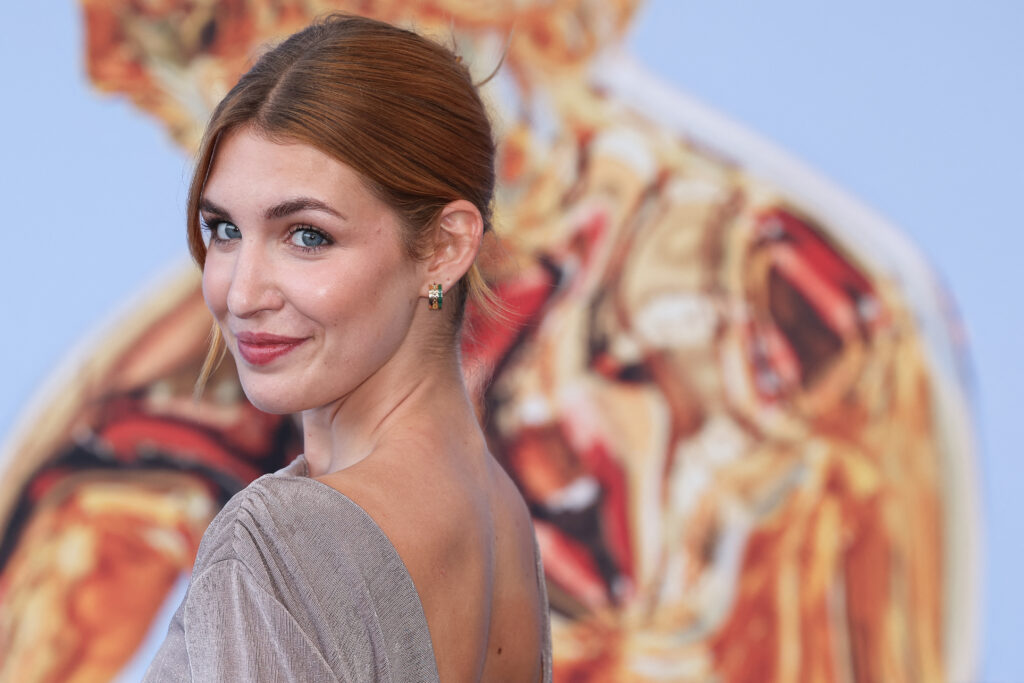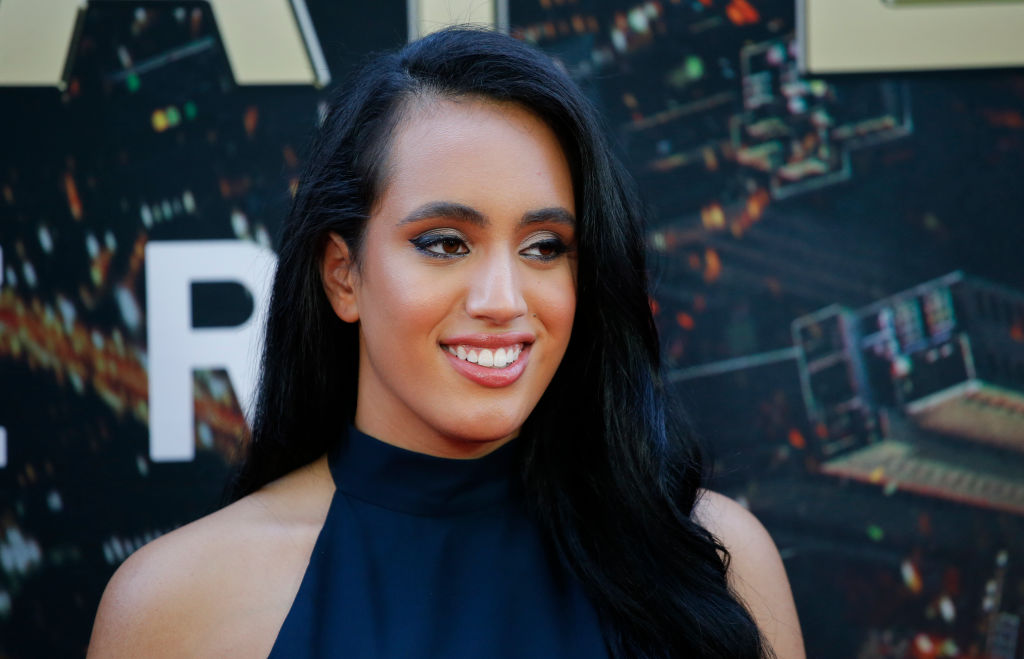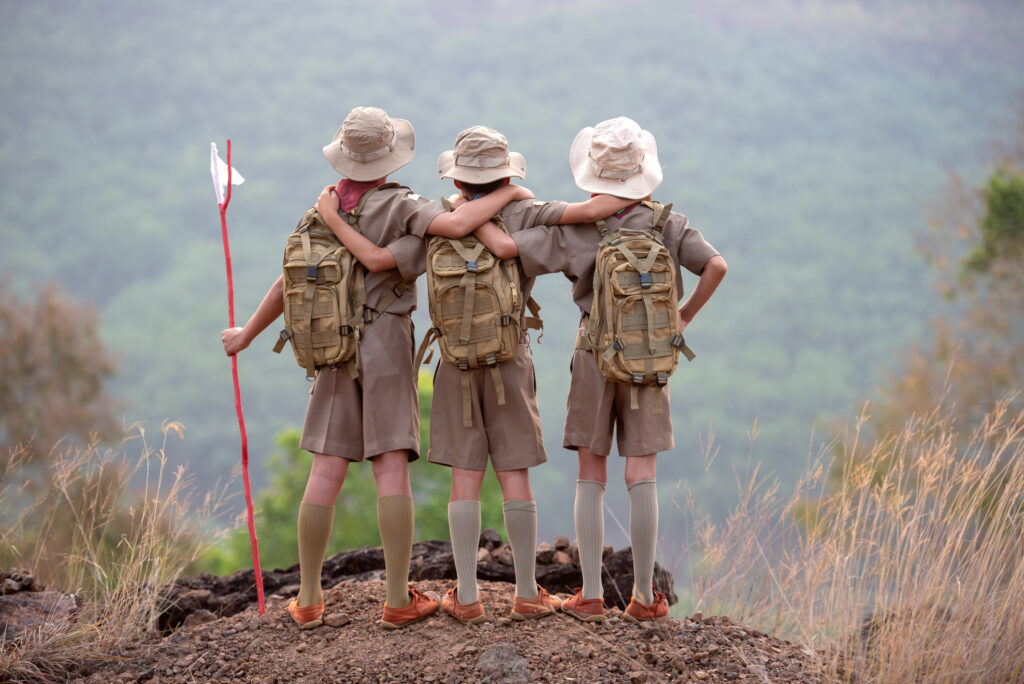‘Rebel Dykes’ & The Untold Story Of Renegade S&M Lesbians In London
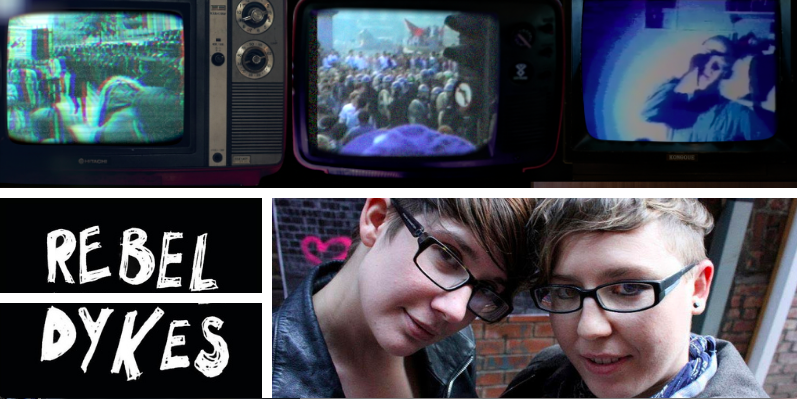
“It’s like a message from the 80s direct to today.”
Mid 1980s London: Conservatives were in power, punk raged in the streets, the economy privatized under the growing power of Thatcherism, and Section 28 outlawed the promotion of homosexuality. Amid this chaotic backdrop, a herd of “outsider” lesbian squatters moved itself into the abandoned houses of the city’s East End. They formed a free-wheeling, free-loving alternative community that rejected the values of the world burning around it.
Now, the story of these countercultural outsiders is getting new life with the documentary “Rebel Dykes,” the first feature-length film from directors Harri Shanahan and Sian Williams and producer Siobhan Fahey, which made its New York premiere at NewFest this month. The rebels’ story, the trio tells me when we spoke over Zoom last week, is one that’s still largely unknown.
The film, itself, started with Fahey, an original member of the squatters’ community, “wanting to preserve this really vital, precious history that nobody was talking about,” Williams tells GO. Fahey’s efforts began with the Heritage Project, an archival collection of photographs, zines, event posters and other documents from the era which she and Williams originally intended to convert into a 10-minute YouTube video. But the material demanded more than ten minutes and Williams and Shanahan, an animator, had previously discussed collaborating on a feature film. “Rebel Dykes” offered the perfect opportunity.
Of course, these women weren’t known as the “rebel dykes” back in the day. At the time, they were known as the S&M dykes. Many in the community were active in the kink scene, making them outsiders to both mainstream society and mainstream lesbian feminists. Fahey coined the term “rebel dykes” — it “looks good on tee shirts!” she jokes — to capture their outlaw status.
The origins of the “rebel” dykes go back to the Greenham Common Women’s Peace Camp, a decades-long encampment situated outside of England’s Royal Air Force Greenham Common base, composed of demonstrators calling for an end to nuclear armament. The camp, which operated from 1982 until 2000, drew activists from around the United Kingdom and Europe; that the site was a “women’s” camp made it especially appealing to women-loving-women who knew they would find others like themselves there. It was the only place where queer women could meet, Fahey says, and was also a refuge for those with nowhere else to go.
One element of the peace camp which the film explores are the various encampments that were set up at different gates around the base, each attracting its own demographic of women. The “Blue Gate” served as a gathering point for the younger, more anarchic, and sexually experimental, who also rejected patriarchy, capitalism, and the burgeoning consumerist society.
Eventually, as members of this community drifted toward London, they gravitated to neighborhoods along the city’s East End, which had been largely abandoned as the city’s docks closed along that stretch of the Thames. Houses stood empty, ready to be reclaimed by artists, bohemians, miners on strike and those who rejected the anti-union, pro-capitalist Thatcherite ethos governing the country’s economics.
All of the lesbian squatters knew each other, Fahey tells me. They lived in the same squats, attended the same club nights and, of course, dated each other. In those days, squatting wasn’t illegal, but they were required to rotate houses every six months. “So in those shakeups, people would try other ways of living, you know, polyamory or communes.”
They were rebels, Shanahan says, “because they had so much to protest against, because they were facing so much oppression.” The same conservative forces that shaped the economy also promoted a traditional value system, codified under Section 28. The repeal of Section 28 became a rallying point for the activists, leading to an infiltration of the BBC by a core pod of rebels who chained themselves under the anchor desk during a live broadcast, from where they could be heard calling for an end to Section 28 over the measured delivery of broadcaster Sue Lawley — a scene the film playfully recreates, as the BBC did not contribute footage of the incident.
They were also rebels to the more mainstream lesbian feminism at the time, “which [was] very separatist, and very rejecting of any kind of masculinity, to the extent that many, many forms of lesbian sex were considered unfeminist because they were seen as somehow replicating the power struggle between the masculine and the feminine,” says Shanahan. “I think the rebel dykes were rebelling against that because they were just trying to have sex for fun, catharsis — catharsis was a huge idea that they were exploring. They just wanted to be fully themselves in a world that wouldn’t allow them on any level.”
A major point of tension between the two groups took the form of Chain Reaction, a recurring kink event started by the rebel dykes and which explored bondage elements that more mainstream lesbian feminists saw as denigrating to women. It’s a conflict the film delves into, with archival footage of a heated public debate between the two groups. The filmmakers wanted to show the “strength of feeling” on both sides, Fahey says, and the complicated intersection of the participants being both queer and women in a society that was both homophobic and misogynist.
“A lot of these conflicts and discussions and concerns came out of a very real, very valid and very important questions that were raised by feminists and womenists about, ‘How do we build a society without patriarchy? How do we build a society without domination and coercive control?’” Shanahan says. However, as the film explores, this debate also resulted in some very real kink-shaming which, they add, “turned into a kind of oppression of its own. People are trying to tell each other how to have sex and who to have sex with.” It’s a conversation that delves into the differences between “political and social responsibilities and your personal sexual freedom. Where is that balance? I think it’s a conversation that we’re still having.”
But the film, just like the rebel dyke community itself, isn’t just about weighty feminist discussions and oppressive societal forces. There’s a playfulness to the film which Williams, Fahey, and Shanahan use to capture the joy of the community. For example, one of the interviewees in the film appears backdropped by a wall of dildos. The backdrop was purely accidental. The filmmakers were on a busy schedule, and had to accommodate the interviewees in whatever ways they could. They just so happened to interview this particular person at her place of employment — which just so happened to be a sex toy shop.
“It was only when we came to edit that I was like, ‘Oh shit, we meet her in Greenham Common, we’re not going to talk about dildos for another 45 minutes,” Shanahan says. Rather than reshoot the interview, they decided to leave it as is, without any explanation.
“We just like to play with things like that,” Williams says. “Because it just shows that they have such joy. They faced such awful things in their lives but it was that joy, and that spirit that kind of kept them going.”
“We definitely took the lead of listening to the interviews and how playful and funny and naughty and anarchic people we interviewed were,” Shanahan adds. “We took that cheeky, naughty spirit from them.”
“Joy” was probably a useful survival tool if you were a lesbian S&M anarchist during the reign of the Iron Lady. But the community thrived because it was a product of its time. “The London in the film doesn’t exist anymore,” Fahey says. Squatting is now illegal and many of the neighborhoods around the old docks have been gentrified. “It’s all fancy pants.” So fancy pants that the filmmakers had to film the exterior shots, replicating the old East London, in North Manchester.
Another challenge for filming: tracking down the former rebels. Facebook turned out to be incredibly useful in both soliciting and sharing information, as did other networks like LinkedIn. Even when they could identify someone from, say, an old photograph, that didn’t necessarily mean that person was still alive, or wanted to be involved with, or could be involved with, the project. But for those who were involved, the experience gave them a chance to reconnect. “It brought people back together,” Fahey says. One person, she says, even thanked her “for making us relevant again.”
Of course, for Shanahan and Williams, who are both of the generation behind the rebel dykes of the 1980s, these women and genderqueer individuals were never irrelevant. “They were already heroes of mine,” says Williams who, as a photography student, had studied the work of Del LaGrace (featured in the film) and other artists of the movement.
For Shanahan, who only learned of the rebels more recently, their countercultural spirits serves as a kind of guiding light for how to live life as a young, queer woman or non-binary person. “For me, it’s really about also seeking those connections with the older generation,” they say.
The connections between past and present seem more relevant now, when so many find themselves questioning the dominant ideology, systematic racism, consumerism, and the traditional definition of gender identity. Queer rights might be more firmly established but they are not invulnerable to conservative push-back. Women still face entrenched misogyny and we continue to debate the role that kink plays in the queer community.
This continuity resonates with Fahey, who thinks that the crises we face today, including climate change and lack of affordable housing, might make our world a more daunting place than the one she and the other rebels encountered back in the 1980s. Although she isn’t interested in nostalgia, “it’s been totally exciting to see this world emerge between the eyes of Sian and Harri, as younger queers,” she says. “It’s actually a very contemporary film. It’s like a message from the 80s direct to today.”
Perhaps that’s why it’s so necessary to preserve their legacy: to remind us that being queer isn’t new, that there have been others before us representing their authentic selves at times when it was even less safe to do so — and to meet the challenge with a punk’s attitude and a whole lot of joy.
“Rebel Dykes” hits theaters in the United Kingdom and Ireland on November 26. It will be available to view virtually from November 28 through January 30, 2022.







